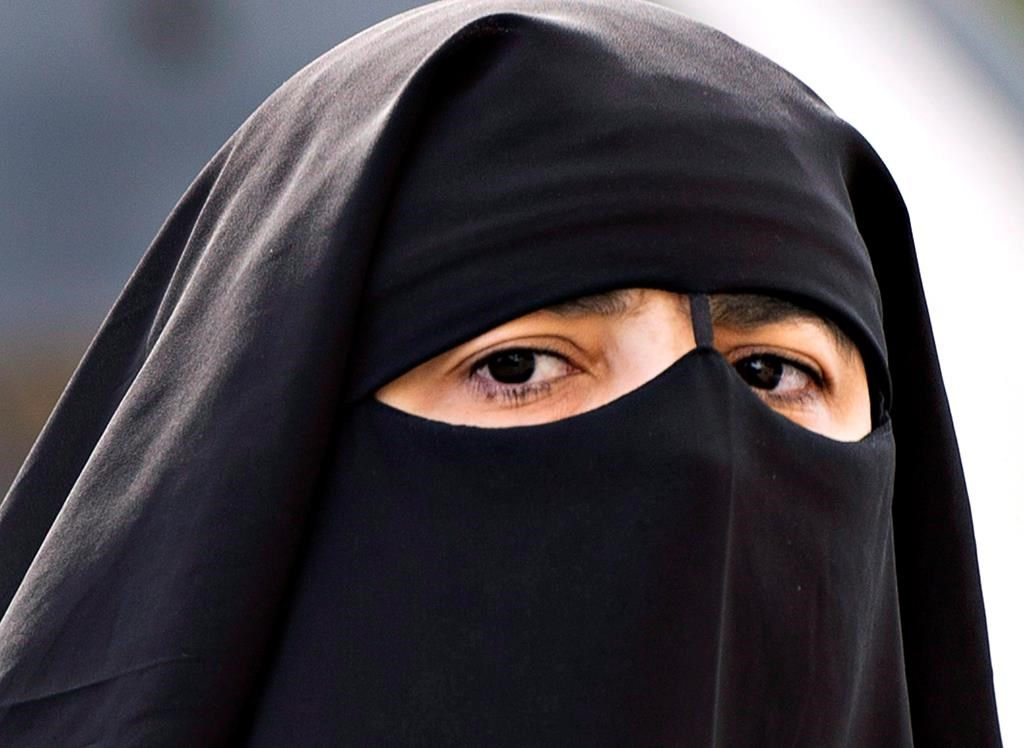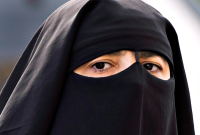Support strong Canadian climate journalism for 2025
Quebec's law banning people from covering their faces when receiving or giving a public service cannot enter into force until it goes through judicial review because of the irreparable harm it will cause Muslim women, a judge ruled Thursday.
It is the second time since December a Quebec judge has suspended the controversial section of the province's religious neutrality law, which is being challenged in court by a national Muslim group and the Canadian Civil Liberties Association.
Khalid Elgazzar, Vice-Chair of the National Council of Canadian Muslims, said the ruling by Quebec Superior Court Justice Marc-Andre Blanchard was "very strongly worded."
"It points out that (at first glance) the law violates the freedoms guaranteed by the Quebec and Canadian charters. In essence, it's confirmation (the law) is a bad solution to a made-up problem," Elgazzar said.
Section 10 of Quebec's law on religious neutrality, passed in October 2017, forces everyone to show their faces when receiving or giving a public service.
Opposition parties argued the legislation didn't go far enough to enshrine the concept of state secularism into law, while Muslim and civil rights groups said it targeted Muslim women who wear face veils.
A judge suspended section 10 in December 2017 until the government published clear guidelines under which someone could apply for a religious accommodation to the rules.
The Quebec government published the guidelines in May, which were to come into force on July 1.
Blanchard ruled the guidelines are not clear enough, and confusion and uncertainty still exists regarding how the accommodation process will be applied.
He said that at first glance, section 10 of the law violated the fundamental right to freedom of conscience and religion as guaranteed under the Canadian Charter of Rights and Freedoms and the Quebec charter.
Moreover, the judge concluded "irreparable harm will be caused to Muslim women as of July 1, 2018, if the stay is not granted, and it is urgent to act."
He continued, "preserving the social status quo that has existed until today appears to better serve the public interest, since the harm to the public good in suspending section 10 of the Act appears to be minimal."
No date has been set to hear the constitutional challenge to the law brought by the council on Canadian Muslims and the Canadian Civil Liberties Association.
A request for comment to Quebec's justice minister was not immediately returned.





Comments